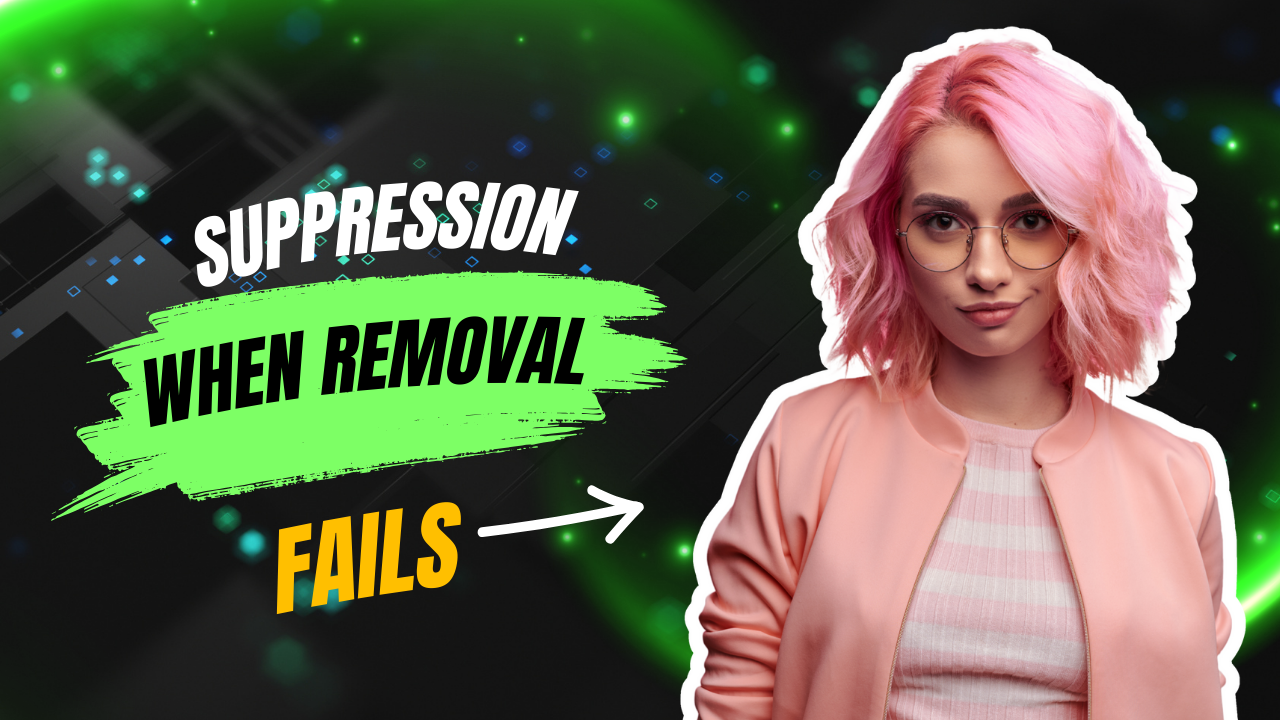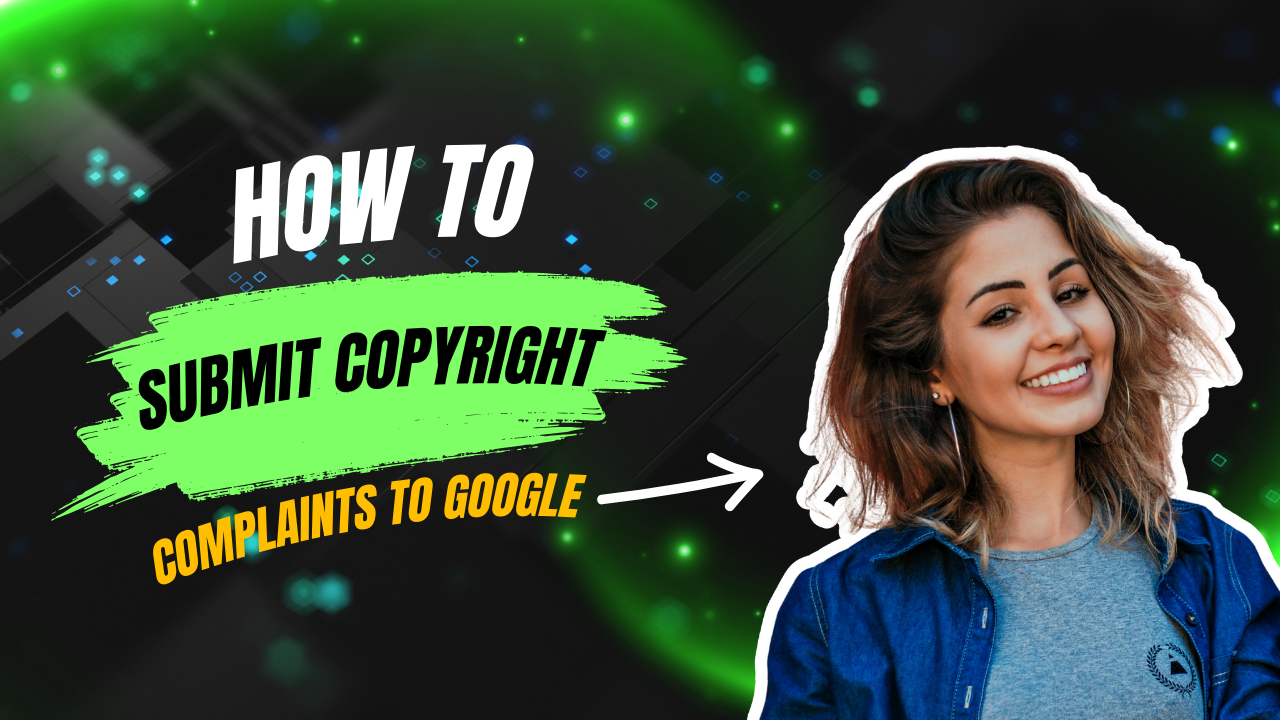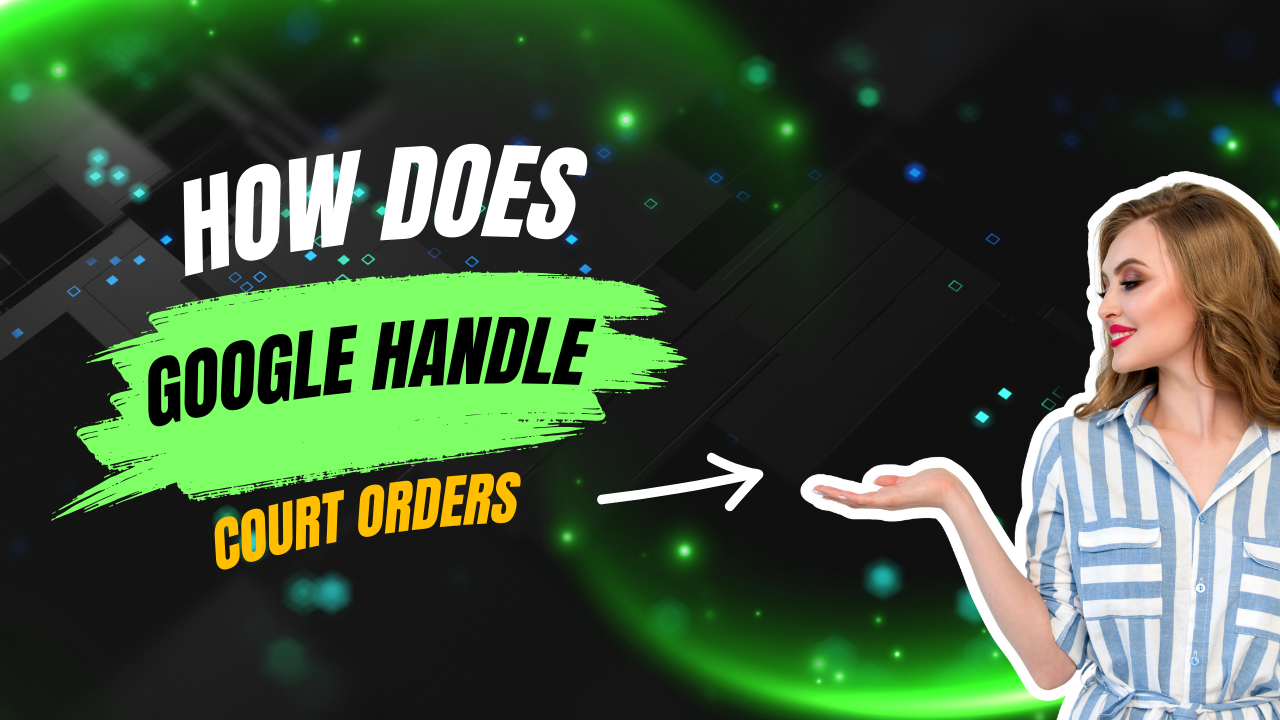When something negative shows up in Google search results, your first move is usually to try and remove it. But what if that fails? Not all content can be deleted, especially if it doesn’t break any rules.
That’s where suppression comes in. Suppression lets you take control of your search results—even when you can’t delete the problem content.
Here’s how it works.
More DB Insights: How to Remove Google Search Results
Why Removal Sometimes Fails
Not everything online qualifies for removal. Google only takes down content that clearly violates its policies, such as:
- Personal information (like your home address or phone number)
- Non-consensual explicit images
- Financial or medical records
- Copyright violations (DMCA)
- Court-sealed documents
But many types of negative content don’t fit these categories.
Examples of content that can’t usually be removed:
- Negative news articles
- Bad reviews
- Blog posts or forum threads
- Unflattering but accurate information
If a site won’t cooperate and the content doesn’t qualify for a legal takedown, your best option is suppression.
What Is Suppression?
Suppression is the process of pushing unwanted content down in search results by outranking it with better, more relevant pages.
The goal is to make sure that when people Google your name or business, they see positive, accurate content first—not the negative link you’re worried about.
Suppression doesn’t delete anything, but it makes bad content nearly invisible.
How Suppression Pushes Down Negative Content
Google ranks search results based on relevance, quality, and authority. Suppression works by creating new, high-quality pages that Google sees as more valuable than the negative link.
Common suppression tactics include:
- Building a personal or business website
- Publishing blog posts, articles, or press releases
- Creating and optimizing social media profiles
- Posting videos or podcasts with your name in the title
- Getting featured on trusted news or industry websites
As these pages gain authority, they climb in rankings—pushing the negative result lower until it’s buried off page one.
Best Tactics for Effective Suppression
To suppress negative content quickly and effectively:
1. Launch a Personal or Business Website
- Use your full name or business name in the domain (e.g., YourName.com)
- Publish a bio, an “About” page, and a blog with regular updates
2. Strengthen Your Social Media Presence
- Create or update profiles on LinkedIn, Instagram, Facebook, Twitter/X, and YouTube
- Use your real name and share relevant, positive content
3. Publish Optimized Content Regularly
- Write articles, guest posts, and press releases featuring your name
- Share how-to guides, industry insights, or personal success stories
4. Use Multimedia Formats
- Post videos, podcasts, and infographics—Google often ranks multimedia well
- Consider creating a YouTube channel with your name in the title
5. Get Backlinks from Trusted Sites
- Write guest posts for industry blogs
- Get featured in news articles or interviews
- Publish content on high-authority platforms like Medium or LinkedIn
When to Combine Suppression with Other Strategies
Suppression works best when combined with other reputation management tactics, such as:
- Regularly monitoring your search results with Google Alerts
- Using Google’s removal tools for any content that qualifies
- Getting help from a reputation management service if you need faster results
If the negative content is serious—like defamatory articles, fake reviews, or false accusations—suppression alone may not be enough. In these cases, a mix of suppression and legal action is your best bet.
Suppression is a powerful way to take control of your search results—even when removal fails. By creating strong, positive content, you can push bad links out of sight and make sure your best qualities show up first.
If you’re dealing with negative search results you can’t delete, suppression can help you bury them—fast. And if you need support, ReputationDB can build a custom suppression strategy that works for your situation.
Need help? ReputationDB.com specializes in removing or suppressing search results that hurt your reputation—so what shows up first reflects your best, not your past.




